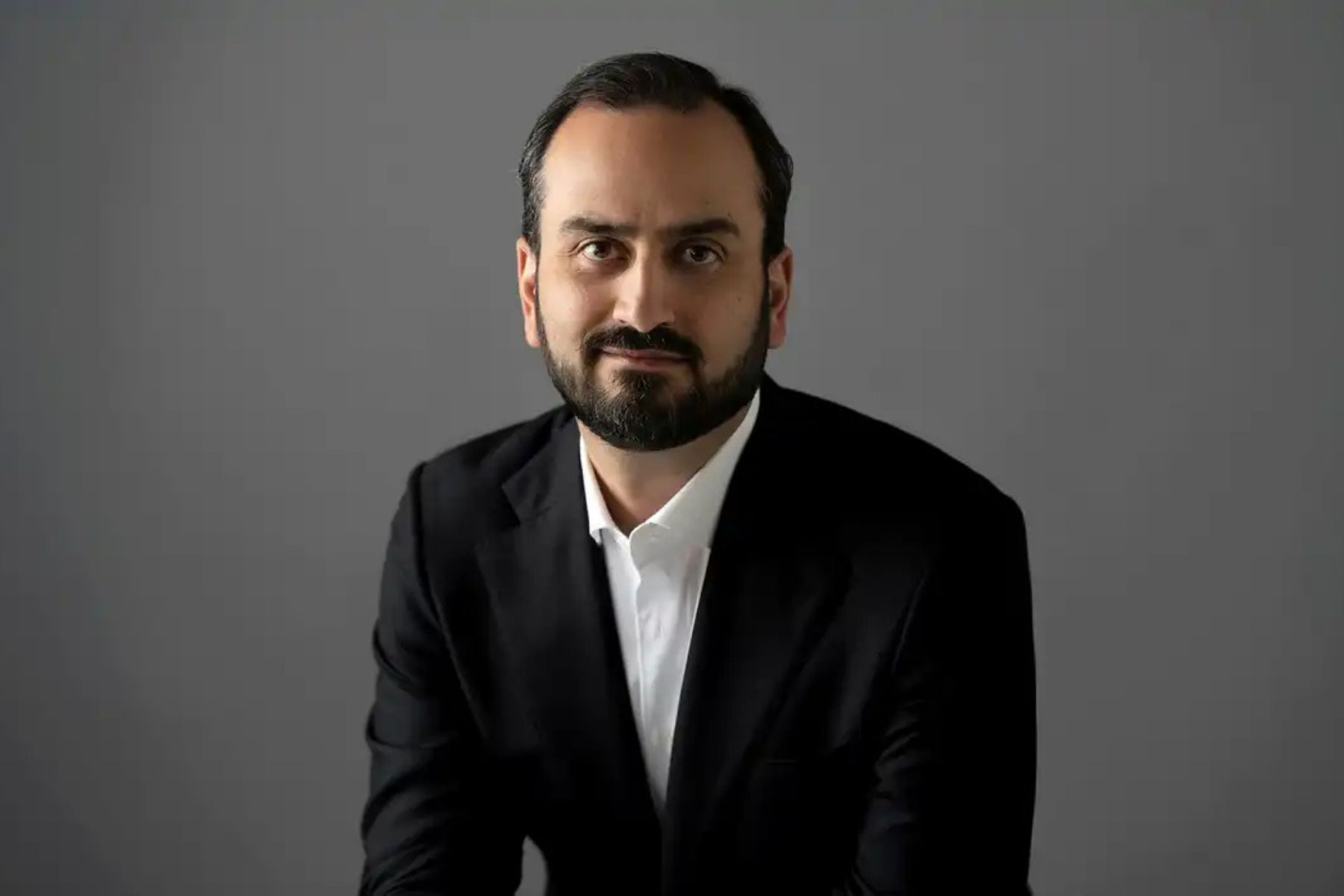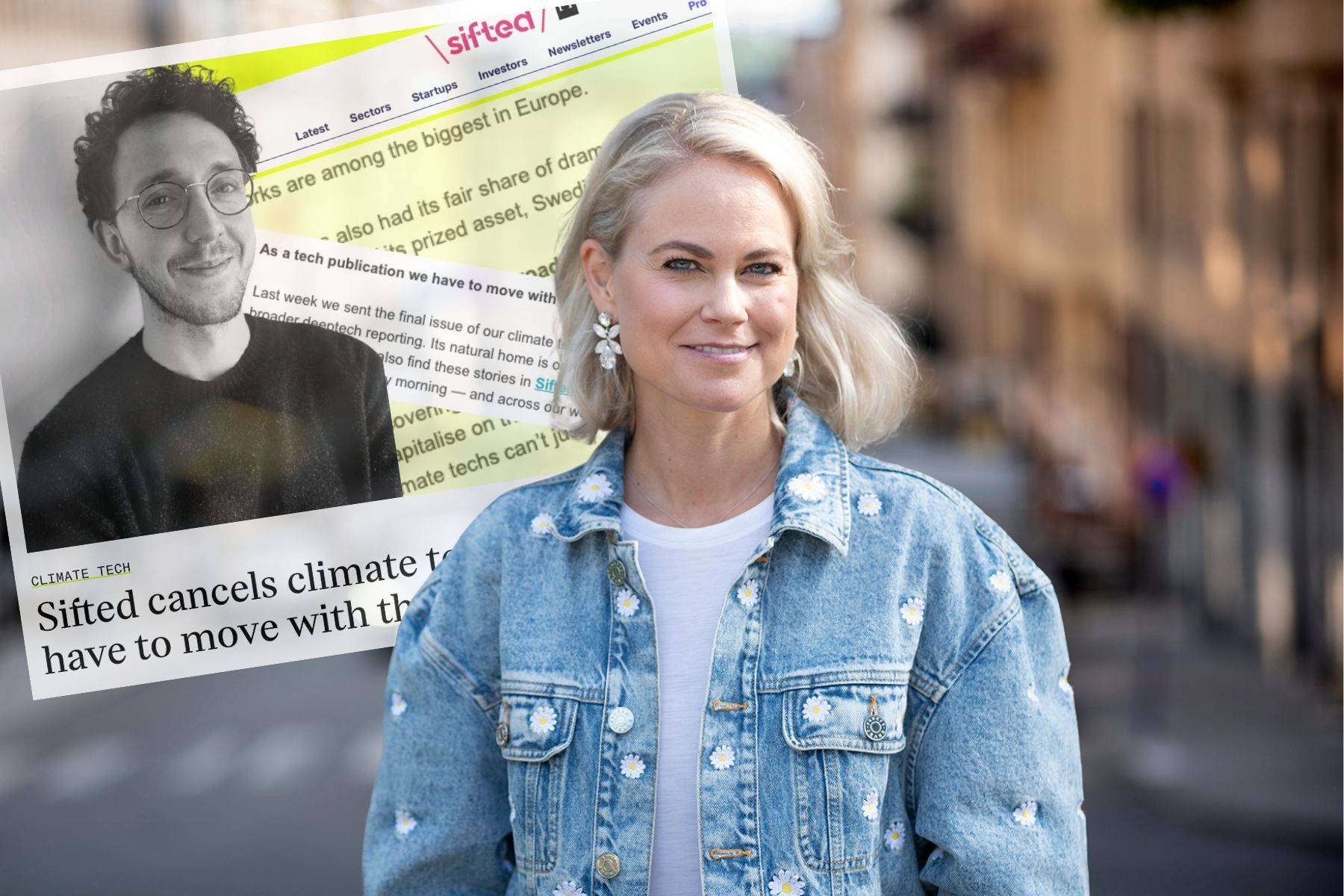Founder-investor misalignment is killing impact startups. Here’s how to fix it

Investors are taking longer than ever to commit – just when the planet most needs impact startups to scale. Meanwhile, many founders overestimate how fast they can raise, running out of cash before rounds close.<br><br>Breaking this founder–investor stalemate will take effort from both sides, write Annick Verween (Biotope Ventures), Erika Hombert (PINC), and Arnoud Klokke (BioInnovation Institute). <br><br>Here's their six-step plan which offers founders a pragmatic way forward.<br>
.png)

For years, founders were told that raising capital takes six to nine months. That was never entirely true, but in today’s market, it’s even further from reality.
As early-stage investors, we no longer ask founders when they plan to start fundraising, but when they’ll run out of cash. Too many companies are balancing dangerously close to that line. We’ve reached a point in the climate hype cycle where we simply can’t afford to think as idealistically as before.
The era of bold bets is over
Three years ago, biotech and climate tech startups could raise millions with little more than a great team, a compelling pitch, and an ambitious vision. That era is over.
Structural shifts in the investment landscape have reshaped expectations. In agrifood tech, deal count dropped 24% year over year in 2025. In climate tech, much of the capital now comes from first- and second-time funds still under pressure to prove quick returns to LPs.
Many investors – ourselves included – have been burned by companies that scaled too soon. We’ve seen facilities built ahead of demand now sitting idle. As a result, the bar has risen. Favourable cost positions, solid margins, and proven product–market fit have become non-negotiables, even for early-stage deals.
Derisking is the aim of the game
Ironically, early-stage investors – whose job is to fund risky ventures – now want to derisk as much as possible. We increasingly ask for guarantees that many startups simply can’t yet provide: signed offtake agreements, detailed unit economics, and validation once reserved for later stages.
There’s a clear trend toward requiring a higher level of business-case validation up front. Founders can no longer rely on loose assumptions or hand-wavy claims about product–market fit. Especially in biotech, we see companies stumble because they struggle to articulate their value proposition clearly and quantifiably.
At the same time, many founders overestimate their ability to raise capital, assuming they can replicate past successes. But those companies raised in a very different market – one fuelled by abundant capital and investor FOMO. Today’s environment is more deliberate and far less forgiving.
Six hard truths and tips for founders
In this tougher climate, optimism isn’t enough. Founders must be strategic, realistic, and relentlessly prepared – understanding investor dynamics, managing resources wisely, and staying ahead of the process.
1. A term sheet is not a payout
A term sheet only signals the start of due diligence, not a promise to wire funds. Even founders who start early may face long delays.
We recall one startup that began preparing its round more than a year ago. They did everything right – secured early interest, built a strong consortium, and even raised bridge financing to keep R&D going. Twelve months later, that bridge was gone, and the company had €500 left in the bank – with no clarity on when funds would arrive.
This wasn’t a weak company. It was one of the better ones: solid science, proven data, and business acumen. The time from term sheet to closing has stretched dangerously long, putting entire business plans at risk. Once we sign a term sheet, we move full speed ahead – but not everyone does.
2. Never open a round without a lead investor
Investors rely on social proof. Without a lead, everyone waits for someone else to validate the deal. Startups that pitch to “followers” first often end up in endless discussions that lead nowhere.
Focus on securing a credible lead early – one strong enough to bring others along. But even then, keep alternatives open.
In the food sector, for example, there’s been a vacuum of lead investors since the generalists pulled back. Founders can’t close a round with angels, government funding, and microfunds alone. We need more investors willing to take the lead, do the heavy lifting, and actively contribute post-investment.
3. Data rooms are for founders too
Many startups feel investors barely glance at their data rooms. But they matter.
Most investors begin by scanning to check if the key documents are there. Deeper analysis happens later. This creates a perception gap: founders feel overlooked, while investors are simply pacing their due diligence.
A strong data room signals professionalism and helps refine the company’s equity story. Organising it forces clarity – it helps founders reflect on positioning, assumptions, and what they really need for the next round. Perfect formatting won’t close your round, but substance will. Prioritise content that answers investors’ biggest questions.
4. Fundraising is more than a full-time job
Fundraising consumes far more time than most founders expect. Every investor call, follow-up, and document request adds up – stealing time from product and business growth.
It’s a time management double bind for CEOs – like sprinting a marathon. Start earlier than you think, delegate tasks, and plan for the impact on your personal life. Treat it as a team challenge, not a solo race.
5. Ask for clarity, expect honesty
Founders should push investors to be transparent about their internal processes. Ask what’s required for an investment decision. Will there be an investment memo? Additional due diligence? Another IC meeting?
If it’s a follow-on investor, will they rely on the lead’s due diligence — and what is that lead willing to share? These questions help startups track progress and encourage accountability.
We also believe investors must stop leading startups on. Too often, they engage deeply without genuine intent to invest. Startups hesitate to push back, fearing they’ll seem uncoachable. This power dynamic must shift.
And when investors say a company is “too early,” founders should always ask why. They deserve more than vague brush-offs.
6. Rethink your capital stack
Equity alone won’t cut it in this market. A healthy mix of grants, convertible notes, milestone-based public funding, and early revenues can extend runways and strengthen resilience.
Structuring this mix strategically often makes the difference between stalling and surviving.
In climate and biotech – where timelines are long and capital needs high – founders should think carefully about who funds what, and when. Not every step requires equity, and not all capital must come from the same source.
The bottom line: mutual reality checks
Misaligned expectations between startups and investors have created a cycle of frustration. Investors want proof upfront; startups expect speed that no longer exists. But the landscape has changed – and pretending otherwise won’t make money arrive faster.
Founders must accept that bold ideas and slick decks don’t close rounds. They need proof points, validated models, and a clear equity story. That means starting earlier, preparing for long diligence, and thinking beyond equity.
Investors, meanwhile, must remember their role: to take early risks and back bold ideas. Prolonged timelines and shifting expectations put viable startups at risk. “Keeping the door open” isn’t neutral – it’s harmful.
Ultimately, we’re all still learning. Climate and biotech founders are rebuilding conservative industries without a clear playbook. Each subsector – food, materials, mining, biomanufacturing – has its own challenges. The road to commercialisation is still being drawn.
Alignment won’t fix everything, but it can prevent unnecessary failure. Because when good startups die – not from bad science or poor execution, but because timelines outpaced runways – we all lose.
Get full access to Europe's new platform for impact news
- Quality journalism, interviews, investor profiles and deep-dives
- Daily newsletter with top stories, latest funding rounds and roundup to keep you in the loop
Keep reading – get in the loop!
- Håll dig i loopen med vårt dagliga nyhetsbrev (gratis!)
- Full tillgång till daglig kvalitetsjournalistik med allt du behöver veta inom impact
- Affärsnätverk för entreprenörer och investerare med månatliga meetups
Fortsätt läsa – kom in i loopen!
- Håll dig i loopen med vårt dagliga nyhetsbrev (gratis)!
- Full tillgång till daglig kvalitetsjournalistik med allt du behöver veta inom impact
- Affärsnätverk för entreprenörer och investerare med månatliga meetups








